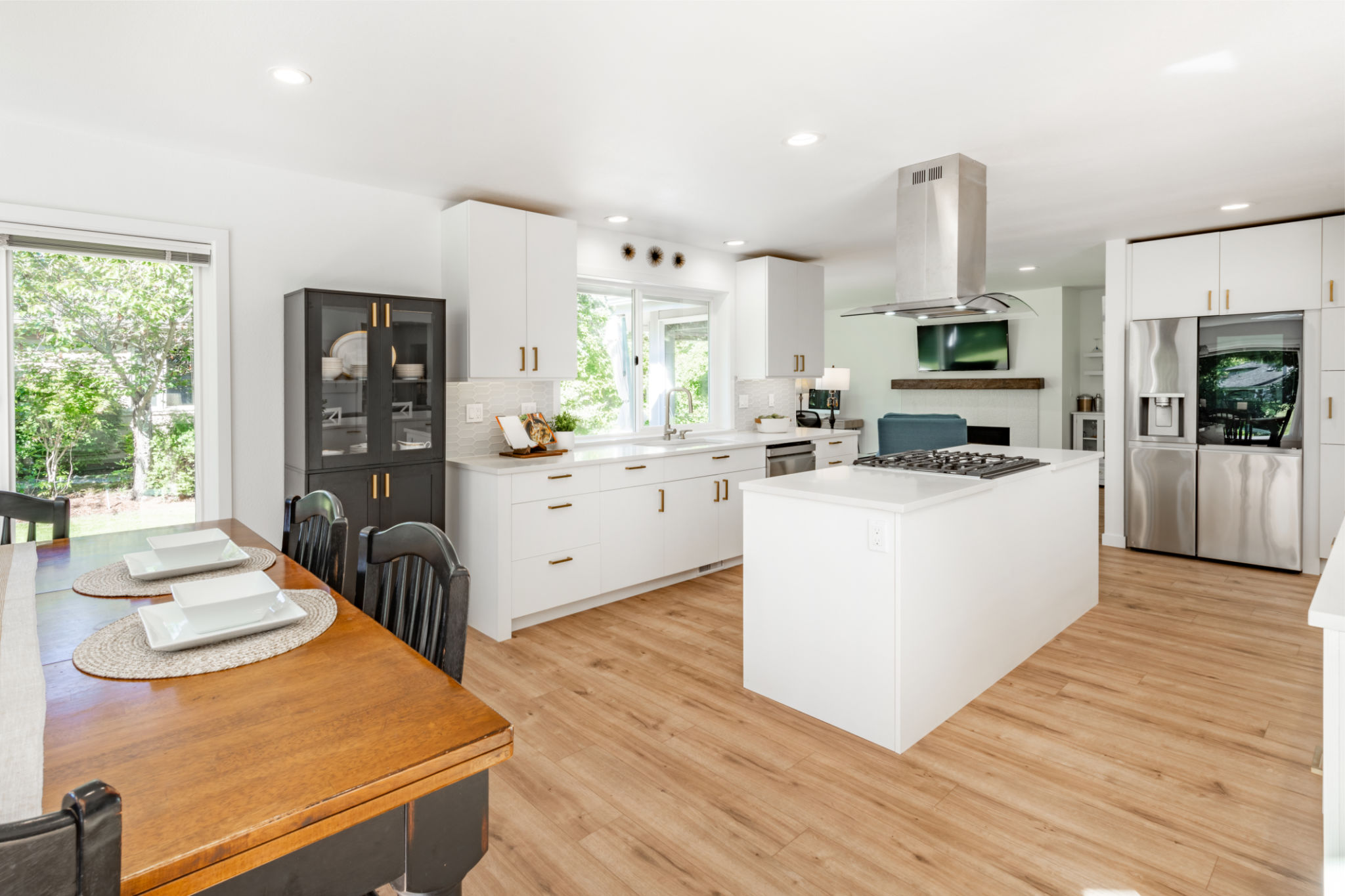Expert Advice: Navigating Kitchen Renovation Regulations in the District of Columbia
Understanding the Importance of Kitchen Renovation Regulations
Renovating a kitchen is an exciting endeavor, offering a chance to update and personalize one of the most crucial spaces in your home. However, before diving into the design and construction, it's vital to understand that the District of Columbia has specific regulations governing renovations. These rules are in place to ensure safety, environmental sustainability, and community standards.
Being aware of and adhering to these regulations can save you time, money, and stress in the long run. Whether you're planning a minor update or a full-scale remodel, knowing the legal requirements will help you navigate the process more smoothly.

Permits and Approvals
One of the first steps in any kitchen renovation project in D.C. is obtaining the necessary permits. Depending on the scope of your renovation, you may need several types of permits, including building, electrical, plumbing, and mechanical permits. The Department of Consumer and Regulatory Affairs (DCRA) is the primary agency that issues these permits.
To apply for a permit, you'll need detailed plans of your proposed renovations. It's often advisable to work with a licensed architect or contractor familiar with local codes to ensure your plans meet all legal requirements. Failing to secure the proper permits can result in hefty fines and may even require you to undo completed work.
Understanding Building Codes
The District of Columbia follows the International Building Code (IBC) with specific local amendments. These codes cover everything from structural integrity to energy efficiency. For example, kitchen renovations must adhere to electrical codes that dictate outlet placement and circuit requirements.

Zoning Laws
Zoning laws in D.C. can also impact your kitchen renovation plans. These laws govern land use and can affect the size and layout of your renovation. It's essential to check if your project complies with zoning regulations or if additional approvals are needed.
In some cases, especially for significant changes or expansions, you may need a zoning variance. Consulting with a professional who understands these laws can help streamline the process and prevent potential setbacks.
Environmental Considerations
The District of Columbia places a strong emphasis on environmental sustainability. When planning your kitchen renovation, consider incorporating eco-friendly materials and energy-efficient appliances. This not only benefits the environment but may also qualify you for incentives or rebates.
Additionally, D.C. has specific regulations on waste disposal during renovations. Properly managing construction waste is crucial to avoid penalties and contribute to the city's sustainability goals.

Working with Professionals
Given the complexity of kitchen renovation regulations in D.C., hiring experienced professionals can be invaluable. Architects, contractors, and designers who are well-versed in local codes can guide you through the process efficiently, ensuring compliance with all legal requirements.
When selecting professionals to assist with your renovation, verify their licenses and check references to ensure they have a solid track record in navigating D.C.'s regulatory landscape.
Final Thoughts
Embarking on a kitchen renovation in the District of Columbia involves more than just design choices and budgeting. Understanding and complying with local regulations is crucial for a successful project. By securing the necessary permits, adhering to building codes and zoning laws, and incorporating environmental considerations, you can achieve a renovation that enhances your home while staying within legal boundaries.
Remember, thorough preparation and professional guidance are key to transforming your kitchen into the functional and beautiful space you've envisioned.